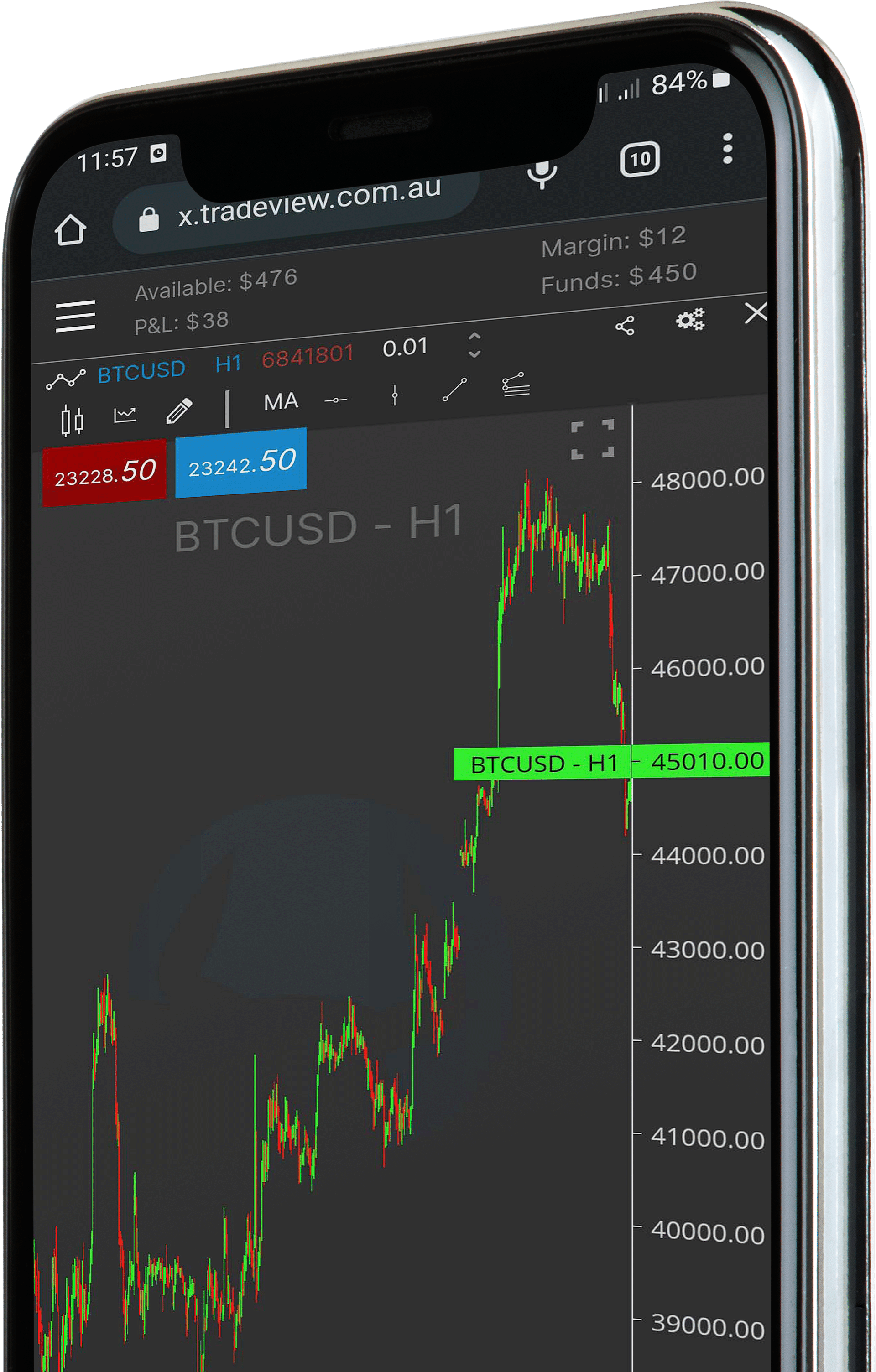Inflation is running at its highest levels (in the U.S.) since 1990 yet the transitory versus persistent debate continues. Team transitory (the Fed) are insistent this is temporary which led to a rather dovish tapering announcement in this month’s FOMC. Gold has been the eye catching mover of the month so far on the back of the hotter than expected CPI print; meanwhile, Bitcoin actually moved lower. Both have been argued to be an inflation hedge but which is the true one and how should we be positioned? Ether continues to outperform BTC as continued network upgrades appear more bullish than the official launch of BTC ETFs. What price are options markets suggesting Eth will be at by March 2022? Why is there talk of President Biden needing to tap into the US SPR (strategic petroleum reserve)? As always, plenty to dive into in this month’s letter…
Market Narratives
Biden’s sinking approvals
Biden’s approval rating has fallen to an all-time low of 41% according to a Washington Post/ABC poll. The pressure is therefore building on Biden to act to stem inflation concerns which are turning some of the public against him. University of Michigan Consumer Sentiment fell to 10-yr low in data released on Friday, rising inflation and a lack of policy response to address it were cited as reasons. About half of Americans overall blame him for accelerating inflation. Biden is aware of these concerns and last week said that “inflation hurts Americans…reversing this trend is a top priority for me”. This will encourage Biden to place pressure on the Fed to be hawkish and we expect the issue of how the Fed will tackle inflation will have been raised in Biden’s interviews with Powell and Brainard (for the next Fed chair term). Therefore there is a feeling that the risks are now skewed towards a more hawkish Fed which leans towards being long USD against growth currencies.
Meanwhile Biden has signed the much talked about infrastructure bill into law. This is not market moving (once a bill is on the president’s desk, markets lose interest). The money will not hit the economy for months— there is no point looking for this in economic data for a year (and the effect will be small).

Controlling Crude
Senate majority leader and fellow Democrat, Chuck Schumer, is the latest to call on President Biden to tap into the nation’s emergency reserves. High gasoline prices at the pumps have been part of the inflation narrative with families and businesses feeling the punch. The U.S. has a ‘Strategic Petroleum Reserve’ where oil is held on the Texas and Louisiana coasts and it is the president’s prerogative when to use it. But the 1975 law that established the reserve says a president can order a full drawdown in the event of a “severe energy supply interruption” that threatens national security or the economy. A limited drawdown (up to 30 million barrels) can be ordered in the event of “a domestic or international energy supply shortage of significant scope or duration.” But is Crude trading at $80 per barrel really a threat to the economy?

To continue reading this article…
This Newsletter is FREE to Trade View Clients.
If you are an existing client please LOG IN.
Our Monthly Newsletters
Unlimited access
A$9.90/mo.
No lock-in contracts.


